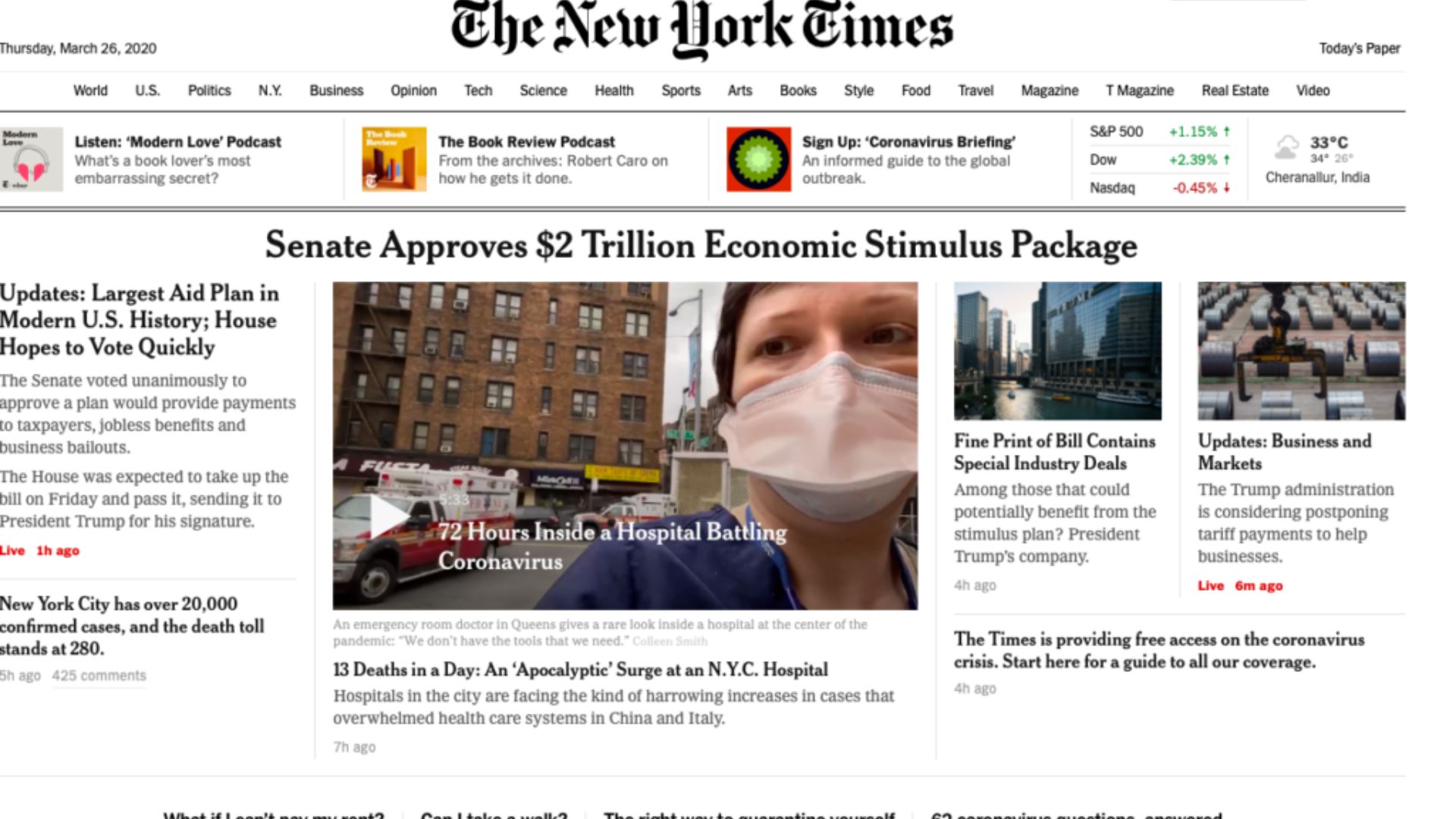Using a website accessibility plugin can offer numerous benefits in promoting inclusive design and ensuring that websites are accessible to a diverse range of users. Here are some key advantages of implementing a website accessibility plugin:
- Compliance with Accessibility Standards: Website accessibility plugins help ensure compliance with recognized accessibility guidelines, such as the Web Content Accessibility Guidelines (WCAG). By implementing the features and functionalities provided by accessibility plugins, websites can meet the standards and requirements necessary to accommodate users with disabilities.
- Improved User Experience: Accessibility plugins enhance the overall user experience for all visitors, regardless of their abilities or disabilities. They provide alternative ways to access content, navigate websites, and interact with elements such as images, videos, forms, and menus. This creates a more inclusive and user-friendly environment for all users.
- Expanded User Base: By implementing accessibility features, websites become accessible to individuals who may have previously faced barriers in accessing and using the content. This can lead to an expanded user base as more people can effectively engage with the website, increasing its reach and potential impact.
- Enhanced SEO and Search Visibility: Accessibility features implemented through plugins can improve search engine optimization (SEO). Search engines value websites that prioritize accessibility, providing better rankings and visibility. By making websites accessible, businesses can attract more organic traffic and improve their overall online presence.
- Legal Compliance and Risk Mitigation: Many countries and regions have legal requirements for website accessibility. Implementing accessibility plugins can help businesses comply with these regulations, mitigating the risk of legal action or penalties related to non-compliance. By proactively ensuring accessibility, businesses demonstrate a commitment to inclusivity and social responsibility.
- Customization and Flexibility: Accessibility plugins often offer customization options, allowing websites to tailor accessibility features to their specific needs. Businesses can choose from a range of features such as text resizing, color contrast adjustments, keyboard navigation enhancements, and screen reader compatibility. This flexibility ensures that the accessibility features align with the website’s design and branding.
- Continuous Improvement and Updates: Website accessibility plugins are regularly updated to incorporate new features or address emerging accessibility challenges. By adopting these plugins, businesses can benefit from ongoing improvements and advancements in accessibility, ensuring that their websites remain up to date and inclusive.
In summary, using a website accessibility plugin promotes inclusive design, compliance with accessibility standards, and a better user experience for all visitors. It expands the user base, enhances SEO, mitigates legal risk, offers customization options, and enables continuous improvement. By prioritizing accessibility, businesses create a more equitable online environment and demonstrate their commitment to inclusivity.










